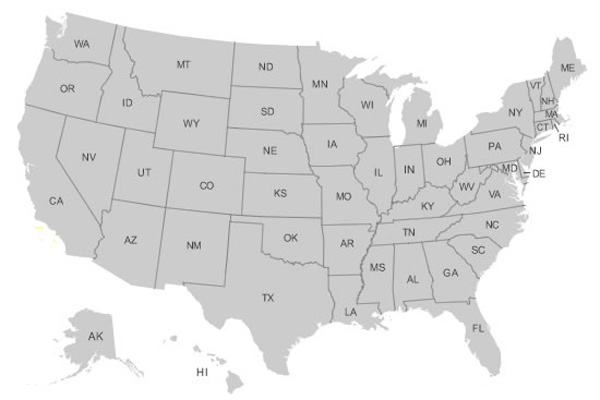- Home/
- Medicaid Life Settlement
Medicaid Life Settlement
When You need Immediate Care
A Medicaid Life Settlement is actually converting the life insurance policy for a pre-paid, Long Term Care Benefit Account that covers the monthly burden of high care costs. It is not a long term care insurance policy, annuity, any form of hybrid life/LTCi policies, or an accelerated death benefit. The Medicaid life settlement is a unique financial opportunity for seniors. There are no wait periods, no care limitations, no costs to apply, no requirement to be terminally ill, and there are no premium payments. Policy owners have a legal right to convert an in-force life insurance policy and enroll in the medicaid life settlement and are able to immediately direct settlement payments to cover their senior housing and long term care costs.
Key Benefits
- No premium payments
- Most types of in-force life insurance qualify (Term, Universal, Whole, Group, etc.)
- Provides funeral benefit
- All types of senior living and long term care qualify
- Payments made direct to care provider for ‘private-pay’ care
- The Long Term Care Benefit Plan can be used in combination with a long term care insurance policy, an annuity, a VA Aide & – Attendance recipient, or any other financial vehicle
Consumer Protection
- The transfer of ownership of life insurance policies conforms to the rigorous regulatory standards that govern life settlements in each state.
- The irrevocable, FDIC insured Benefit Account is held by a nationally chartered bank & trust company and must conform to federal and state banking regulations.
- Because the account is irrevocable and can only be spent on long term care services, the Benefit Plan is administered as a Medicaid qualified spend-down.
Process to Qualify
Understanding Better
To qualify for a Medicaid Life Settlement, the applicant must be in need of long term care services. A thorough geriatric clinical review of medical records and care provider input is performed by licensed clinicians in a process that is very different than table based underwriting performed by insurance companies and LE providers. Traditional Life Settlement LE providers don’t underwrite factors that contribute to life expectancy compression in a long term care scenario such as ADL’s (Activities of Daily Living), degenerative aspects of cognitive impairments such as Alzheimer’s or Parkinson’s, co-morbid related clinical and environmental factors, or the impact of social dislocation on “will to live”.
Many families don’t realize a loved one needs long term care or that they are in fact already acting as a care provider. People in need of long term care are not always obvious and can seem to be living independently when they should actually be receiving homecare or assisted living. Many families also don’t understand long term care or how to pay for it. Most life insurance policy owners don’t realize they have the legal right to sell and convert a policy into a Medicaid Life Settlement. Learn the potential value in your life insurance policy as a medicaid life settlement with our life settlement calculator.
Value Based Solely on Death Benefit
The long term care conversion option applies to any form of life insurance, and the value of the conversion is based solely on the death benefit.
Cash value is not a factor in determining the conversion value of a life insurance policy and the policy conversion is not limited to the issuing carrier. Once a policy is converted by the owner, there are no more premium payments by the original owner of the policy.
Medicaid Qualified Spend Down
A Medicaid Life Settlement is a “qualified spend down” of a life insurance policy. When qualifying for Medicaid, a life insurance policy is legally recognized as an asset of the policy owner. This assest is considered part of the applicants overall worth and would count against them when qualifying for Medicaid. The law requires any policy with more than a minimal amount of cash value (usually in the range of $2,000) to be liquidated. The owner must spend that money towards the cost of care before the owner could qualify for Medicaid. All Medicaid applications ask if the applicant owns life insurance and require full disclosure of the policy details. Failure to disclose the details and value is fraud.
Instead of abandoning a life insurance policy or receiving a small cash value while qualifying for Medicaid, the policy owner can convert a life insurance policy into a Medicaid life settlement to pay for long term care. During the process, the owner of the policy can retain a portion of the death benefit to cover funeral expenses. Once the settlement is complete, the medicaid life settlement account will pay directly to the care provider for the policy owner’s long term care. This allows the policy owner to remain private pay longer and have more direct control over care choices.
Check Your State's Policy

- Each state has specific and unique information regarding viatticals and life settlements
- A state tax expert should be consulted to confirm taxation rate and eligibilty
Common Questions
Q: What About Funeral Expenses?
A: A portion of the conversion is set aside for funeral expenses.
Q: What if Mom/Dad passes away before the conversion funds are exhausted on his/her care?
A: Any remaining balance is paid to the family or named beneficiary as a final lump sum payment.

